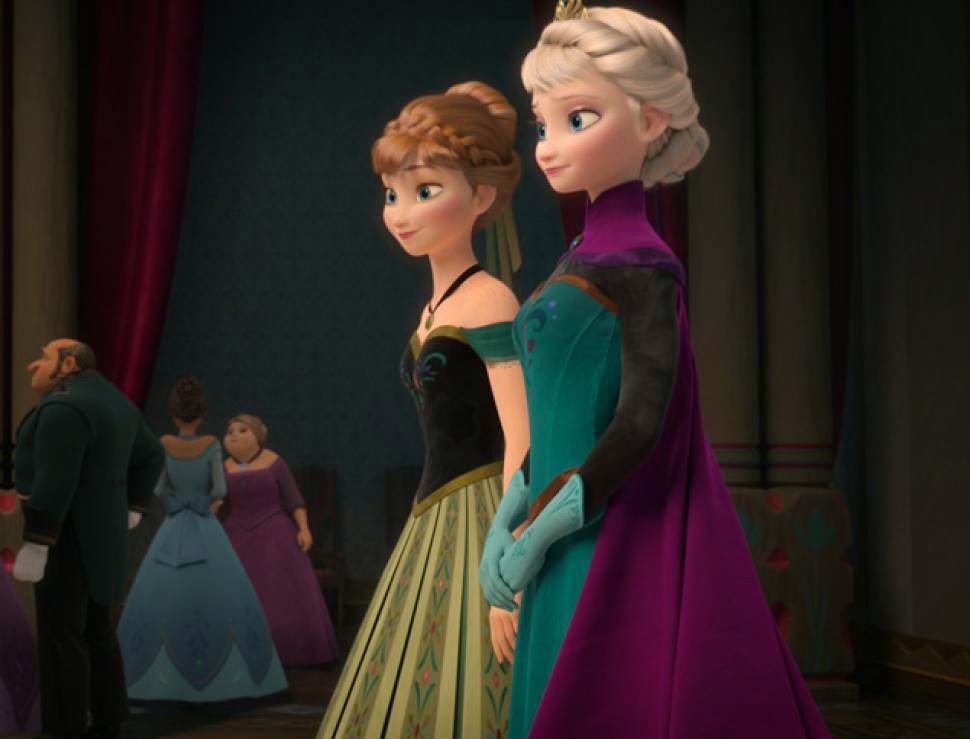 |
| Image Source: theguardian.com |
From Spider-Man to Transformers, franchises have become Hollywood's most reliable cash cow, allowing them to create the epic narratives allowed on TV's canvas, and building characters that millions of people worldwide become attached to. Now Universal is gearing up a new set of franchises based around its library of classic horror characters, some last seen decades ago.
The studio's monsters include Frankenstein, Dracula, and the Mummy, all of which have had frequent movie outings, but also the Invisible Man, the Wolfman, and that 1950s favourite, the Creature from the Black Lagoon.
Deadline reports that a new strategy is cooking at Universal, where they're building an "interconnected slate" of monster films. This is a strategy similar to that of Marvel, whose universe of comic book characters, including Iron Man, the Incredible Hulk and Captain America, interact with each other across various film and TV franchises.
Previously, Universal's horror characters have existed in their own standalone universes: the likes of the Mummy franchise starring Brendan Fraser, the misfiring 2010 reboot of the Wolfman with Benicio del Toro, or the upcoming Dracula Untold, an origins story about the vampire starring Welsh actor Luke Evans. But now the way could be paved for Avengers-like films in which the characters' universes are blended into one, and they interact with one another.
The initiative will reportedly be headed up by Alex Kurtzman, who has had a variety of producer roles across hits like Spider-Man and Star Trek franchises (as well as the flop Ender's Game), alongside Chris Morgan, who has written much of the Fast and Furious franchise, a huge success for Universal in recent years. Deadline report that the first film will be a reboot of the Mummy, coming April 2016.
The plan was hinted at by Kurtzman's former producing partner Robert Orci last year, who said: "There's an interesting thing that could happen at Universal where they have this amazing library of their old monsters and these kinds of heroes, and the idea of trying to create a universe [with] Van Helsing, and we're also producing the Mummy for them. We're kind of imagining updating these kinds of things."
In 2012, Kurtzman and Orci announced their intention to make a Dark Knight-style reboot of the vampire hunter Van Helsing that would be "really grounded in reality... without sacrificing the fantasy element," but little has been heard since.
Frankenstein meanwhile is being frequently brought back to life – first in this year's flop I, Frankenstein, and next in a forthcoming film starring Daniel Radcliffe and James McAvoy.
Louis A. Habash is a film historian who enjoys critiquing old films. Follow this blog for more articles like this one.


